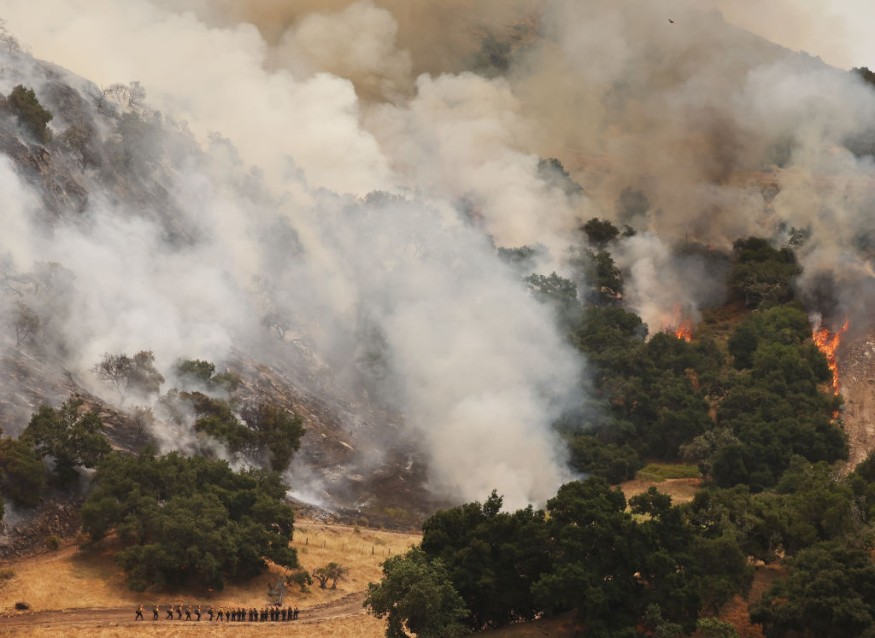
Global temperatures are on the rise, and climate change is now affecting human health, natural habitats and the way societies operate.
While climate cycles have always evolved due to natural factors like the solar cycle, human activities, including industrialization and urbanization, have drastically accelerated these shifts, according to the Intergovernmental Panel on Climate Change.
How Climate Change Impacts Both Health and Wildlife
This acceleration is primarily driven by the burning of fossil fuels, carbon dioxide emissions, and other greenhouse gasses, which trap heat in the Earth's atmosphere. As a result, the average global temperature continues to increase, creating a growing need for climate action.
Health experts, including the World Health Organization, have called climate change one of the greatest threats to public health, with rising temperatures linked to more frequent heat waves, natural disasters, and pollution-related illnesses.
This environmental crisis doesn't only impact people; it endangers animal habitats and plant life as well. For instance, warmer Arctic temperatures are melting glaciers, pushing animals like polar bears and seals out of their natural homes. Changes in temperature also interfere with plant and tree life cycles, which can impact biodiversity and food chains worldwide.
To address these challenges, countries are working to reduce greenhouse gas emissions through strategies like the Paris Agreement, which sets international goals to limit global warming. Additionally, the Climate Change Performance Index (CCPI) measures how effectively countries are tackling climate issues, as per LEAF.
Each year, the CCPI ranks the climate policies of 60 countries, representing over 90% of the world's emissions. Its goals include encouraging climate action, promoting transparency, and showcasing effective policies, all intended to inspire global cooperation.
Experts Question Net-Zero Targets, Urge Faster Climate Action
Innovative technologies, such as carbon capture systems, aim to prevent further greenhouse gases from entering the atmosphere. However, these advances only slow the damage; they cannot reverse it entirely. Despite efforts to reach net-zero emissions, many experts agree that current actions may not be enough to significantly lower global temperatures.
Forecasts indicate that the period from 2022 to 2026 is likely to see the warmest years on record. For example, summer 2023 saw record-breaking heat waves worldwide, and 2024 is expected to be another year of intense global warming, Charity Digital reported.
Experts warn that without stronger, unified climate efforts, average temperatures may soon reach a critical increase of 1.5°C above pre-industrial levels-a point that could trigger even more extreme climate changes. As the world experiences more intense climate effects, calls for urgent climate action continue to grow.
© 2025 NatureWorldNews.com All rights reserved. Do not reproduce without permission.





